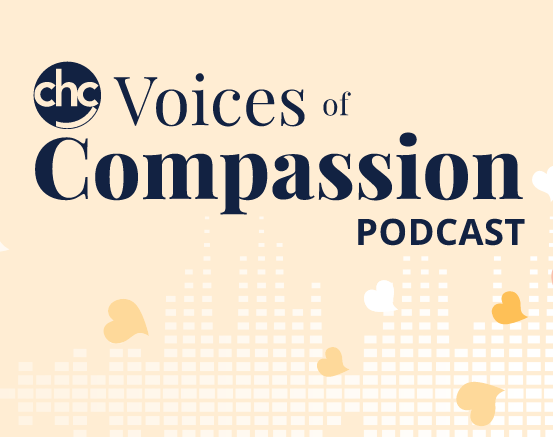Helping Teens Weather the Blow of College Rejection Letters
 If you have a senior in high school, you probably know that the last of the college-admissions decisions for the class of 2022 will land in the coming days.
If you have a senior in high school, you probably know that the last of the college-admissions decisions for the class of 2022 will land in the coming days.
Maybe your teen got into their dream school. If that’s the case, congratulations! But there’s a good chance that your child will face, or already is grappling with, one of the biggest disappointments of their life.Being rejected can be crushing, especially for students who have spent high school earning top grades, juggling extracurriculars and studying for AP classes. Adults have the benefit of perspective. We know that success (whatever that might mean to you) can be achieved without attending an elite institution of higher education. And yet parents, too, can feel that rejection keenly, as if it’s their own.
Just listen
Your high schooler might react in any of the following ways: angry, sad, frustrated. Wondering if all of their hard work was for nothing. Comparing themselves to friends who got into the schools of their choice. Or dismissing the disappointment altogether, as if they don’t really care about it. This typically comes from shame or because it’s too painful to acknowledge.
All of these responses are absolutely normal, said Ashley Hudson, a marriage and family therapist who works with teens and young adults in Orange County.
“Being rejected without any clear reason — it just sucks,” Hudson said. “It’s hard to make sense of it and get any closure, and teens tend to internalize that. They blame themselves.”
It’s your job to listen and validate how much this thoroughly stinks. Parents want to rescue their kids from hurt, but it’s important for teens to feel the rejection and learn how to grieve the loss.
Normalize rejection
Disappointment is a part of life, and this won’t be your teen’s first — though it may be among their most profound to date.
Ask your teen if they’d be open to hearing about a time when you didn’t get something you had your heart set on, Elayne Savage, psychotherapist and author of Don’t Take It Personally: The Art of Dealing With Rejection said. This normalizes rejection and helps them feel less alone.
Once your teen has sat with the loss for a bit, it’s time to explore other options. “This is about flexibility and adapting to what’s uncontrollable, and learning to pivot when something doesn’t go as planned,” Hudson said. Hopefully, your kid got into other schools. Help them figure out what they really liked about their dream school and how other colleges might check those same boxes — and what kind of compromises they’re willing to make.
Watch yourself
How you as a parent react to this setback really, really matters. It’s natural for you to be upset, but it’s important to recognize that anxiety and stress get passed back and forth, Savage said.
“Parents almost always have some personal reaction to the rejection of their child — and a rejection of their child feels to them a rejection of themselves,” Savage added. “Feelings get tangled up.”
If you’re feeling especially reactive, call a friend or partner and vent. Deal with out-of-control, confusing emotions away from your teen. They’re going to need you.
Excerpted from “Helping Teens Weather the Blow of College Rejection Letters” in the Los Angeles Times. Read the full article online for additional details.
Source: Los Angeles Times | Helping Teens Weather the Blow of College Rejection Letters, https://www.latimes.com/california/newsletter/2022-03-28/8-to-3-college-rejection-letters-8-to-3 | Copyright © 2022, Los Angeles Times
Do you need someone to talk to? To schedule an evaluation or to get advice about your child’s or teen’s challenges, call or email a CHC Care Coordinator at 650.688.3625 or careteam@chconline.org CHC teletherapy services are available now.





